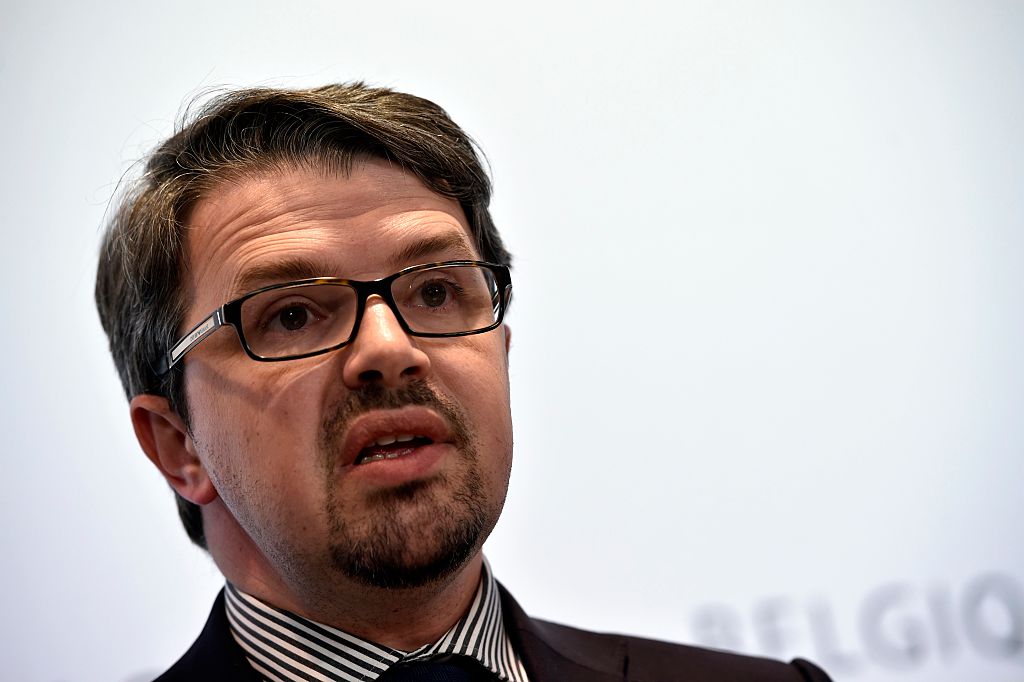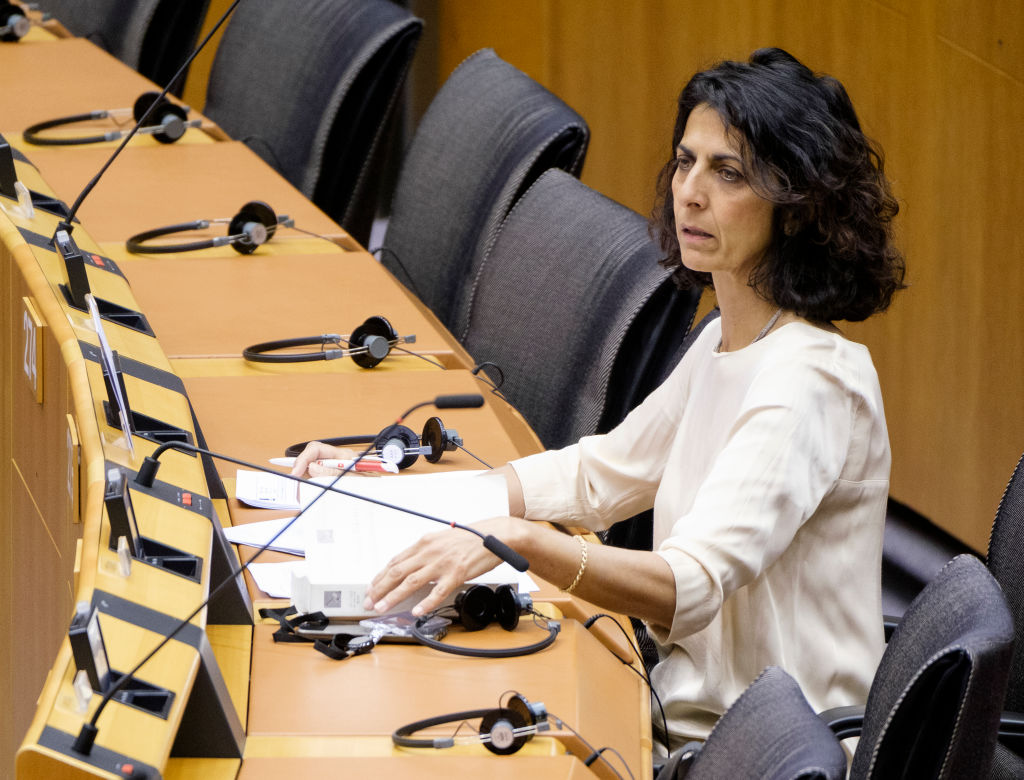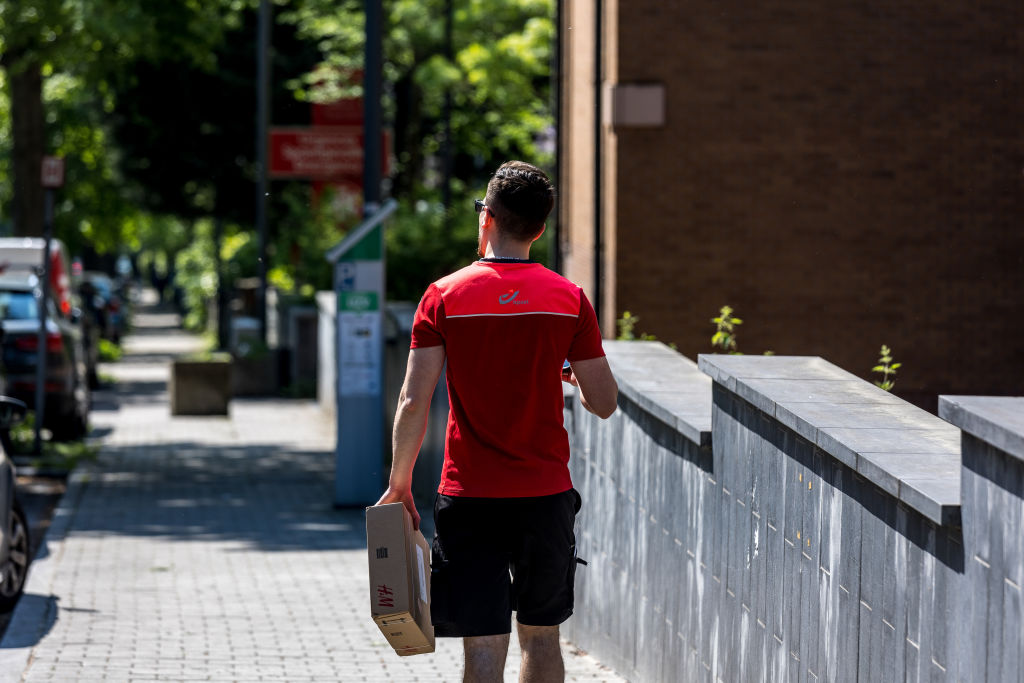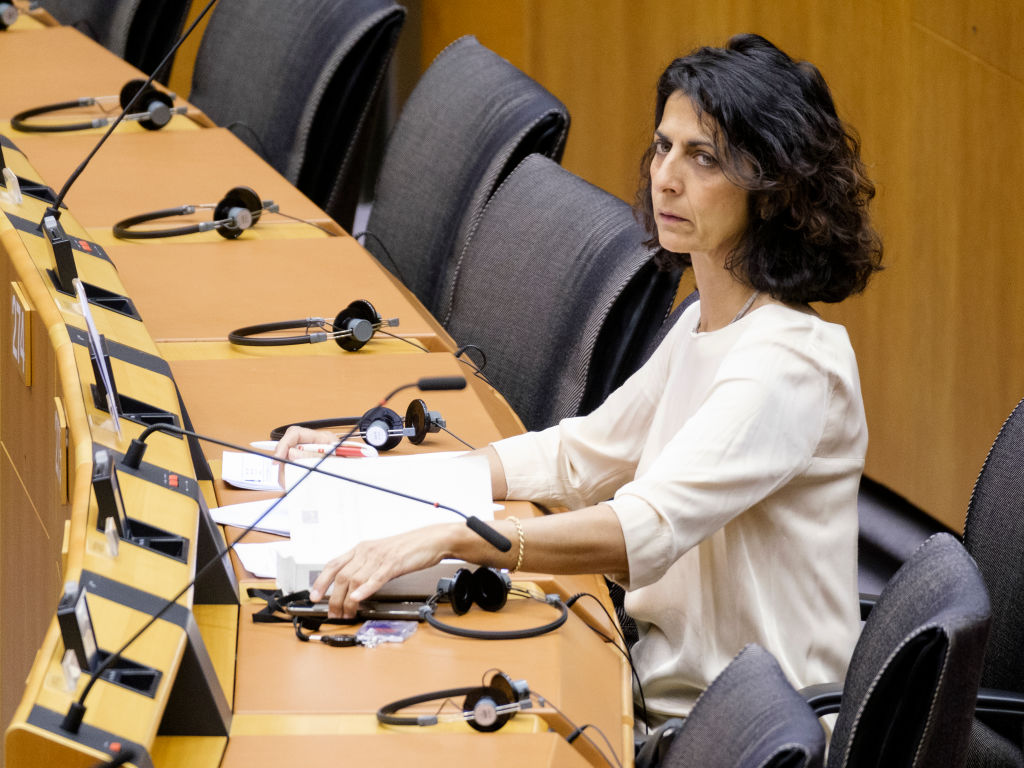The European Union has introduced only “cosmetic changes” in its fight against corruption, according to Emily O’Reilly, the European Ombudsman.
In a September 8 speech to the European Policy Centre (EPC) in Brussels, O’Reilly addressed the anti-corruption measures taken as a result of the Qatargate scandal and found that too little had been done.
While acknowledging the value of some of the European Parliament’s 14-point plan voted over on September 7, which adopted new rules on an anti-corruption code of conduct for its MEPs, the Ombudsman warned that it was far from sufficient.
“Rules around lobby meetings, declarations of interest, the acceptance of gifts, assets and side income will be strengthened. But MEPs can continue to have those side jobs if they choose”.
This was “a matter of concern in some cases as the line between public representatives and private influencers becomes blurred,” O’Reilly said.
She noted that the proposed inter-institutional ethics body is described “as a standard-setting body, but explicitly informal and with no investigative or sanctioning powers”.
According to O’Reilly, that showed “the lack of any shared political appetite for the kind of robust ethics regime that many citizens would have imagined was implicitly and explicitly proposed by Commission President [Ursula] von der Leyen”.
Although there is an ethics body “in name”, the Ombudsman said it was a far cry from what was “widely understood to have been implied” back in 2019.
O’Reilly said the new body would be “toothless” on investigating or sanctioning but added that it could compel the institutions to revise their own internal ethics regimes.
She said the success of the body will depend on how seriously those within it take up their tasks. It could go for “the lowest common denominator standard”.
The Ombudsman further warned the body must address two vital areas of influence: transparency and the issue of “revolving doors”. The perception exists with large parts of the electorate that an official would accept a well-paying job in the private sector in exchange for political favour.
“If nearly half of the electorate – rightly or wrongly – believes that politicians are treating meetings with industry chiefs that they are ostensibly regulating as a kind of ‘job interview’”, this partly “explains the widespread cynicism and dissatisfaction with our democratic systems”.
O’Reilly referred to what she called the real-life consequences of corruption. She pointed to what happened in the US, where hundreds of thousands have died partly as a result of the opioid crisis. One pharmaceuticals firm is alleged to have worked hand-in-glove with US Food and Drugs Administration regulators and to have hired many officials. Such a revolving-door policy is happening between a whole host of companies and regulators, she said.
O’Reilly insisted this phenomenon is not uniquely American but also occurs in the EU, with “no less devastating outcomes”. Rather than a deadly addiction to opioids, she referred to the “fatal attraction” to Russian gas.
“An addiction that has proven no less deadly for thousands of Ukrainians,” she said, and which she alleged was enforced by a conscious use of the same revolving-door policy between European officials and Russian companies.
The Ombudsman even said she expected the same dynamic regarding “the failure to tackle the climate crisis”.
Her analysis echoes that of Ville Itälä, the Director-General of OLAF, the European Anti-Fraud Office.
Anti-corruption has become a major issue since the Qatargate scandal broke. The cash-for-influence investigation implicating in particular members of the EU Socialist family has caused shockwaves across the bloc.
Although new measures are being taken, many feel they are not far-reaching enough and accuse European politicians of being unable and unwilling to regulate themselves.
?️| RECORDING AVAILABLE
Did you miss our event with Emily O'Reilly (@EUombudsman), @daniel_freund, @GRiekeles, @swheaton, Matti Van Hecke & @garvanwalshe?
(Re)listen to our discussion on post-#Qatargate, the ?? #ethics body & transparency register: https://t.co/r5YfqnFXx4
— European Policy Centre (@epc_eu) September 8, 2023





